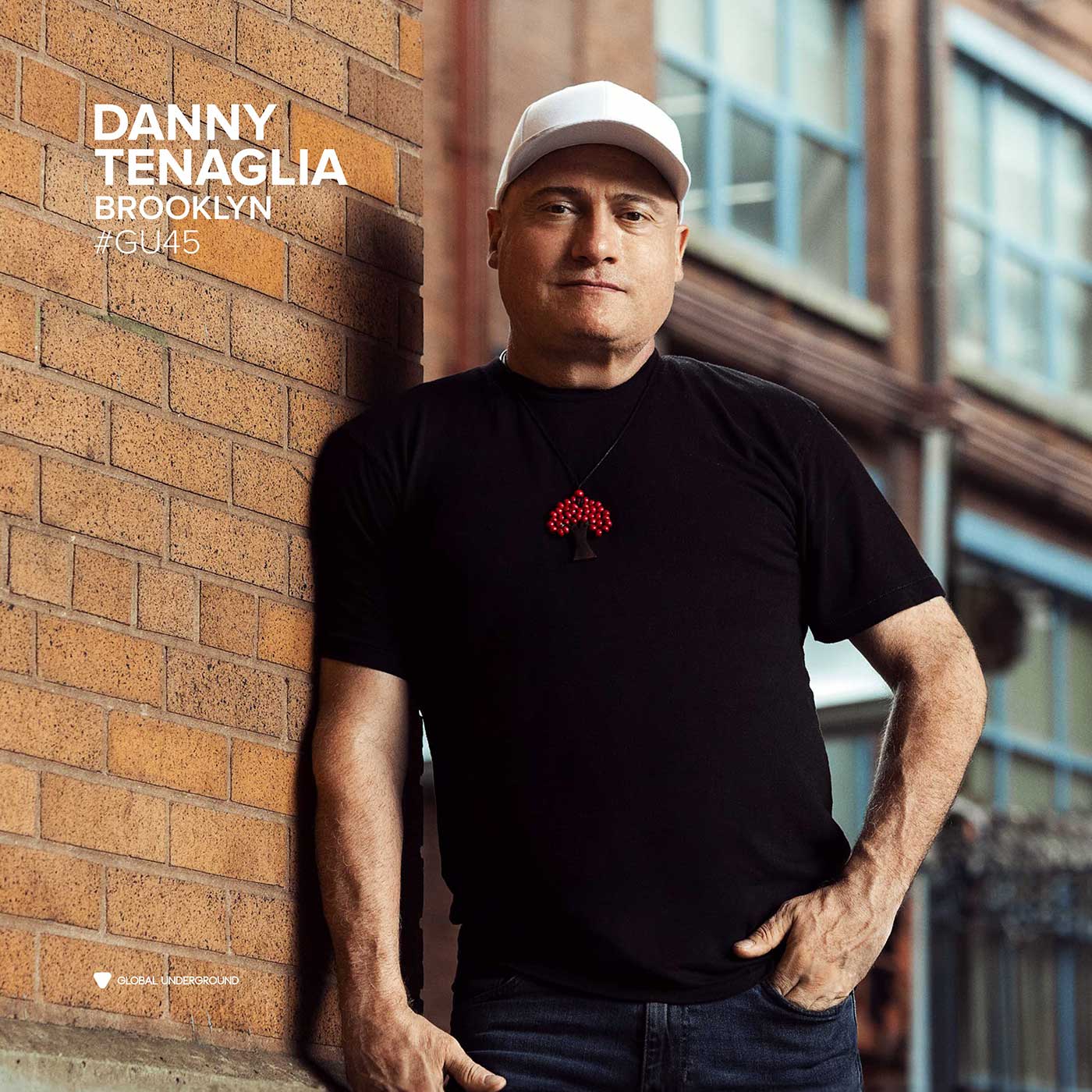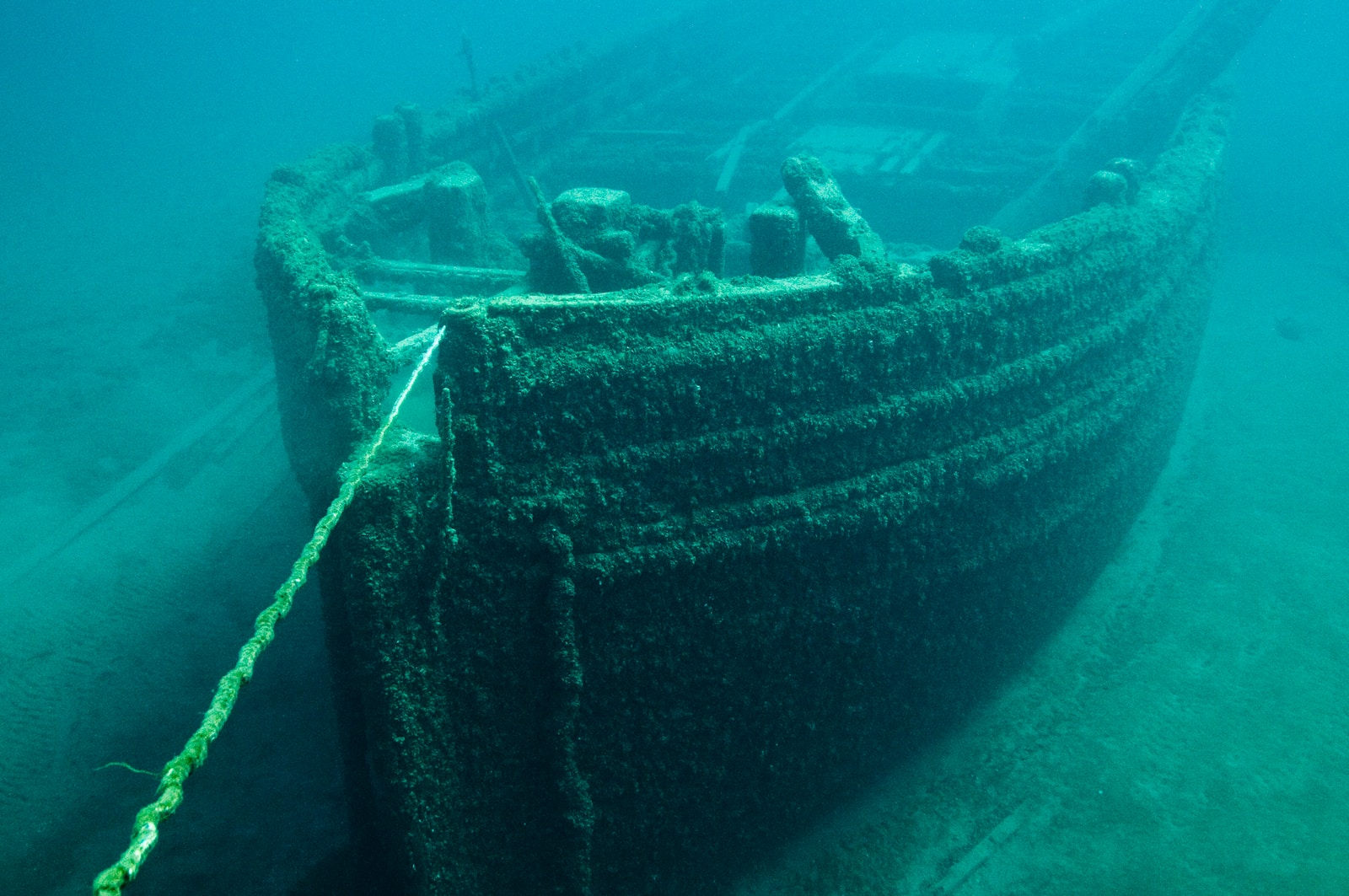In the rich tapestry of electronic music, Danny Tenaglia stands as an artist whose works transcend genre boundaries and touch the heartstrings of listeners. His latest magnum opus, “GU45: Brooklyn,” is more than just a DJ mix album; it is the essence of a life dedicated to curating soundscapes that defy norms and embody the soul of a city. It’s a journey through House music, and it bangs like only Danny Tenaglia can make it bang.
Brooklyn: A Love Letter
“Brooklyn” is an homage to Williamsburg, Brooklyn – the cradle of Danny’s musical odyssey. Comprising 42 tracks, the album is a rich collection of stories narrated through the beats of artists like Guy J, Moderat, Ralph Falcon, and Monika Kruse. It serves as the perfect finale to the Global Underground series, which already features milestones in Tenaglia’s career like “Athens” and “London” which I as a young DJ grew up with.
In my opinion, “Brooklyn” is the best of Danny. Ever.
Tenaglia’s career is a sequence of moments that have shaped not just a genre but the entire club culture. From his beginnings at Paradise Garage to his influential stint at Cheers in Miami, he has always created soundscapes that cross boundaries.
His remix of “Surrender Yourself” in 1992 was more than just a hit; it was an expression of his musical ethos. “Mix This Pussy” (1994) and his residency at Twilo (1996) further solidified his status as a visionary.
When I met Danny about 15 years ago at the Winter Music Conference in Miami, I encountered a person whose warmth and attentiveness were as profound as his music. He is just the the nicest and sweetest guy, and an artist whose heartbeat syncs with the rhythm of the people on the dance floor.
Personal Battle
Lately, Danny’s life took a turn when he disclosed his battle with colon cancer. This revelation was not a note of defeat but a testament to his indomitable spirit. His message was clear – life, like music, is a journey through ups and downs, and one must approach it with the same passion one brings to the turntables.
As Danny continues his treatment, with the future’s uncertainty looming, his dedication to his craft remains unshaken. He stands as a beacon of strength, reminding us of the power of music to heal, unite, and inspire.
A Symphony of Resilience
Danny Tenaglia’s story is more than the sum of his albums or the clubs he has transformed. It is a narrative of resilience, a reminder of the enduring power of art in the face of life’s unpredictability. “Brooklyn” is more than just an album; it’s a chapter in the life of a man whose music will continue to echo through the annals of time.
As I listen to the driving and soul-stirring rhythms of “Brooklyn,” I’m not just hearing music; I’m experiencing the heartbeat of a true legend.
I wish Danny a full recovery and only the best, from the bottom of my heart.

